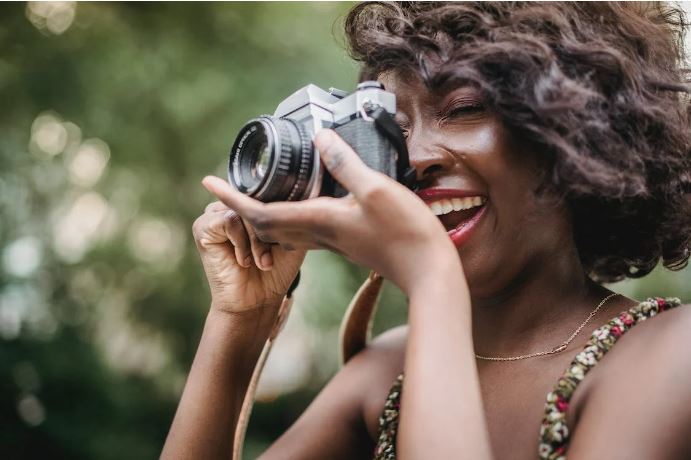Photography and Cultural Sensitivity
Photos are a wonderful way to capture memories, but did you know that not all cultures embrace the idea of being photographed? For some, it goes beyond just personal preference and has roots in cultural beliefs. In this article, we’ll explore why some cultures don’t like photos and how to avoid one common issue – red eyes. So, grab your camera (or smartphone), and let’s dive in!
Why Some Cultures Don’t Like Photos
Photography has become an essential part of our lives, but not all cultures embrace it in the same way. Some cultures are known for having a negative attitude towards photography, and there are many reasons behind this. One of the most common reasons is religion, where some religions believe that taking pictures is forbidden as it goes against their beliefs.
In other cultures, people may feel uncomfortable or even scared when a camera lens is pointed at them. This could be due to superstitions or cultural taboos surrounding cameras and photographs. For instance, in some African tribes like the Mursi tribe from Ethiopia, taking photos is considered taboo because they believe that a photograph can steal one’s soul.
Furthermore, in some cultures, privacy concerns play a significant role in why they don’t like photographs. They fear that by posing for a photo someone might reveal too much information about themselves which could lead to unwanted consequences such as identity theft.
Another reason why certain cultures don’t appreciate photography has to do with their history and how images were used to colonize or exploit them. For example, Native American Tribes have historically had issues with being photographed because photographers often misrepresented them while perpetuating stereotypes.
Understanding why different cultures have varying attitudes toward photography highlights the importance of respecting others’ beliefs and traditions while recognizing what matters most to them.
Why Some Cultures Believe that Red Eyes in Photos Are Bad Luck
For many cultures around the world, capturing images is an important part of their lives. Photos serve as a way to capture memories and hold onto moments that will never come back. However, some cultures believe that photographs with red eyes are bad luck.
One reason for this belief is rooted in superstition. In many cultures, it is believed that when someone’s eyes appear red in a photograph, it means they have been possessed by spirits or demons. This can be seen as a sign of bad luck and misfortune.
Another reason why some cultures don’t like red eyes in photos may be related to cultural aesthetics. The red eye can detract from the beauty and natural appearance of a person’s face in the photo. It might also highlight tiredness or poor health which could lead people to think negatively about someone appearing in such photos.
Additionally, red eye removal technology has become widely available but not all communities use these tools regularly enough due to a lack of awareness or availability especially for those living remotely without access to good internet connectivity.
While many people today see red-eye photography as something trivial or even humorous at times; its implications are taken seriously by certain groups who view it through their own religious beliefs or cultural values – seeing them as signs of ill fortune and negativity that should be avoided whenever possible during photographic sessions!
Conclusion
The reasons why some cultures don’t like photos vary from one culture to another. It could be due to religious beliefs, superstitions, or cultural norms and values. Whatever the reason may be, it is important to respect other people’s customs and traditions.
Furthermore, red eyes in photos can ruin a perfectly good picture. Fortunately, there are many ways to avoid this problem such as using natural lighting or adjusting camera settings before taking the photo. Moreover, several software applications can help correct red-eye issues in post-production.
When taking pictures of people from different cultures, always remember that each person has a unique perspective on photography. By being respectful and understanding of others’ views towards photography practices, you’ll not only capture better images but will also show more empathy towards others.
So next time you take a photograph of someone from a different culture or nationality than yourself – make sure you’re aware of any potential sensitivities around photography!




